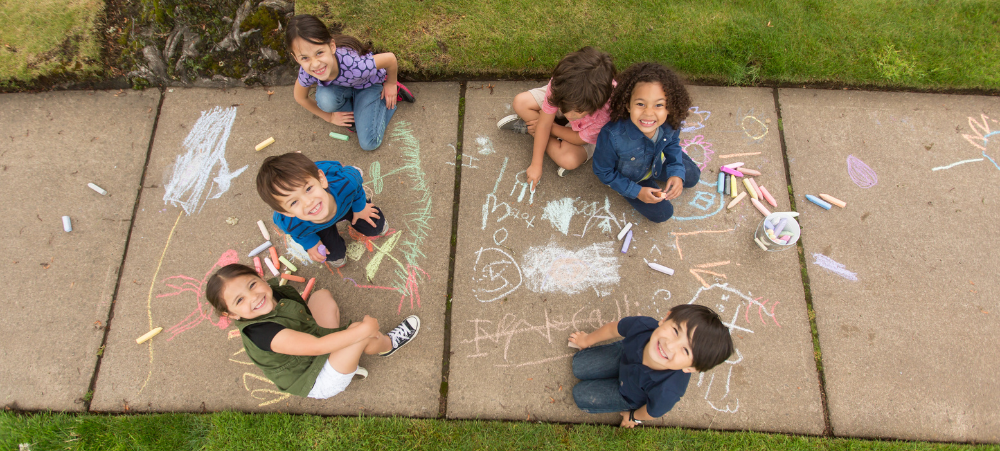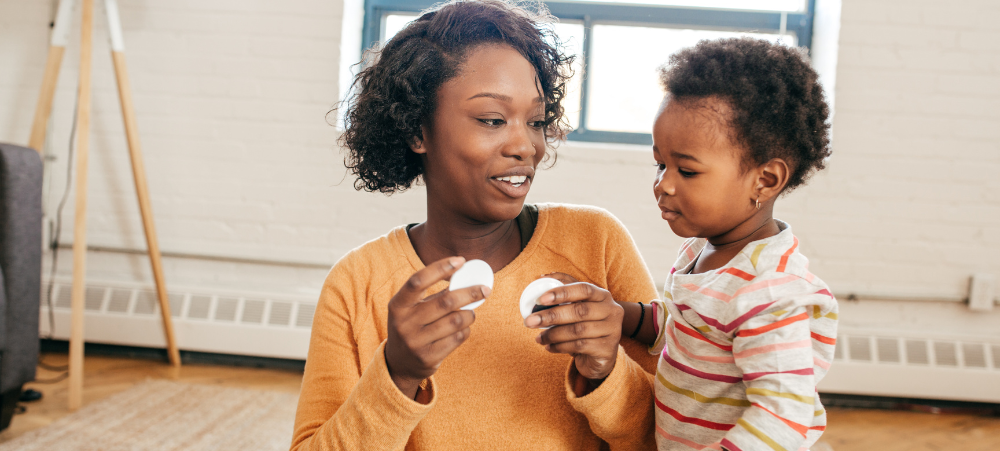Play for a child, prepares them for adulthood with all life’s delights and contests. What better way to learn as a child than to be given the chance to play freely in large areas?
One of my best memories as a child was of running around the field at Pre-school with my friends in tow, the real excitement at finding new treasure troves, making up games, and the tangible fear we felt, like when we had to climb a high jungle gym or run away from a scary dinosaur! Being brought onto the playground, where we would get stuck in exploring all the new possibilities there for fun, games and imagination. What a treat!
Because I was fortunate enough to have a home with a large garden, I remember how liberated I felt being free to meander around without my parents watching me all the time, and how nature became my learning ground.
However, I would imagine that this is not the case for most children because of the way society has changed and with many of us now living in townhouse complexes, some with very limited space.
Today’s children get so few opportunities to play freely, because we understandably fear for their safety, be it the road or “stranger danger.”
My own interest in play and children’s development stems from my experience of working as a Teacher and Principal for the past 27 years, where I meet the most amazing children and their parents every day and fortunately are willing to help them with any issues, usually related to their development, emotions or behaviour.
From my work, research, studies and experience, I have gained a good sense of what children need to develop to their full potentials.
Not a lot has been written on the benefits of playgrounds, which is surprising given that our children spend so much time in them.
Below are 7 good reasons why children should have space to play, based on different aspects of a child’s development:
- Social, Brain and Language Development
- Children of all ages develop their social skills on a playground through the creation of “games”, like catch or make-believe play, where the equipment is turned into something else (e.g. obstacle course, hospital, school, etc), where children give themselves roles and they work out the “rules of the game” in cooperation.
- Playgrounds provide an opportunity for children to practice their social skills, to come up with solutions to problems, and to learn self-control in working out their conflicts.
Play also encourages language development, as children often talk aloud during their play (e.g. “Look at me going down the big slide!”), and the interaction with their peers allows them to express their thoughts and feelings and to develop their understanding and spoken skills.
I’ve noticed that children who don’t even speak the same language can get on just fine during play! - Physical Development and Good Physical Exercise
As children progress, they are drawn to different systems of play which encourage their development, like rough and tumble play. - Children naturally seek this form of play, which helps them to work out their physical space in the world, where their body begins and where it ends.
- This is crucial for the development of their motor skills and spatial awareness.
- It’s FUN! Large open spaces encourage your children to get out there and move! It’s so much fun and exhilarating for them!
Playing is your child’s most natural form of expression, regardless of their age, and when they are engaged in it they forget everything else and really enjoy the moment.
By Elizabeth Steenkamp, Principal of Junior Colleges Castillian
- SCREEN TIME AND ITS’ EFFECT ON LANGUAGE DEVELOPMENT - March 15, 2024
- Is your child a bully? - March 12, 2024
- Emotional and Social Milestones of a 6-year-old - October 17, 2023





